Veteran Music Journalist Honors Musicians with New Book “Women Who Rock”
Over 20 years have passed since a book was published on the history of women in rock music. Now, with profiles and illustrations of over 100 musicians, the new book Women Who Rock (Black Dog & Leventhal) is a testament to female artists who have shaped culture.
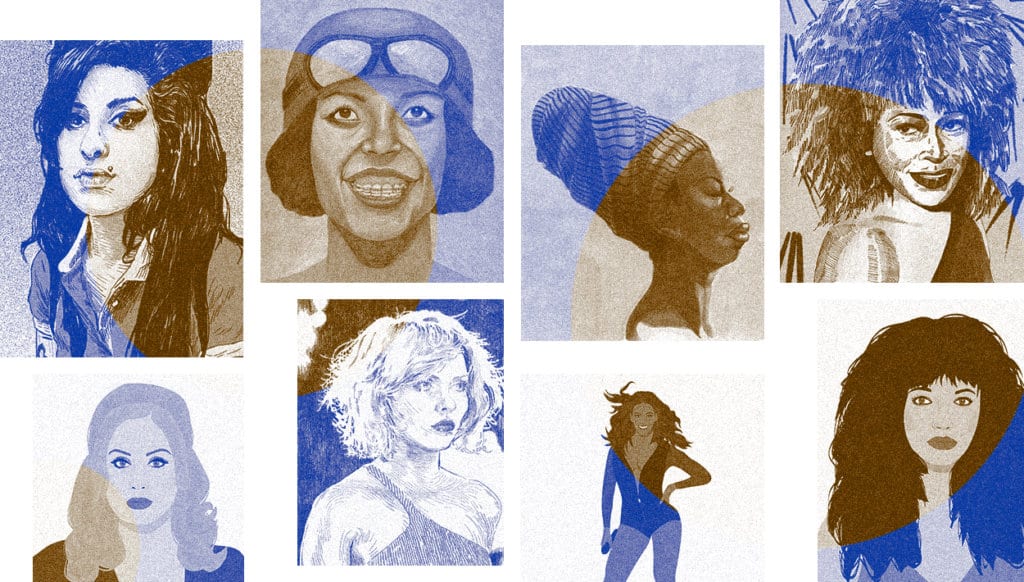
For the book’s editor and Loyola Marymount University professor Evelyn McDonnell, a celebration of women musicians is as needed as ever. Although in the past decade, artists like Adele, Beyoncé, and Lady Gaga have redefined popular music, women musicians’ accomplishments are often overlooked. She Shreds spoke with McDonnell about why the music industry needs a #MeToo moment, links between Bessie Smith and Brittany Howard, and the importance of bringing women into rock history.
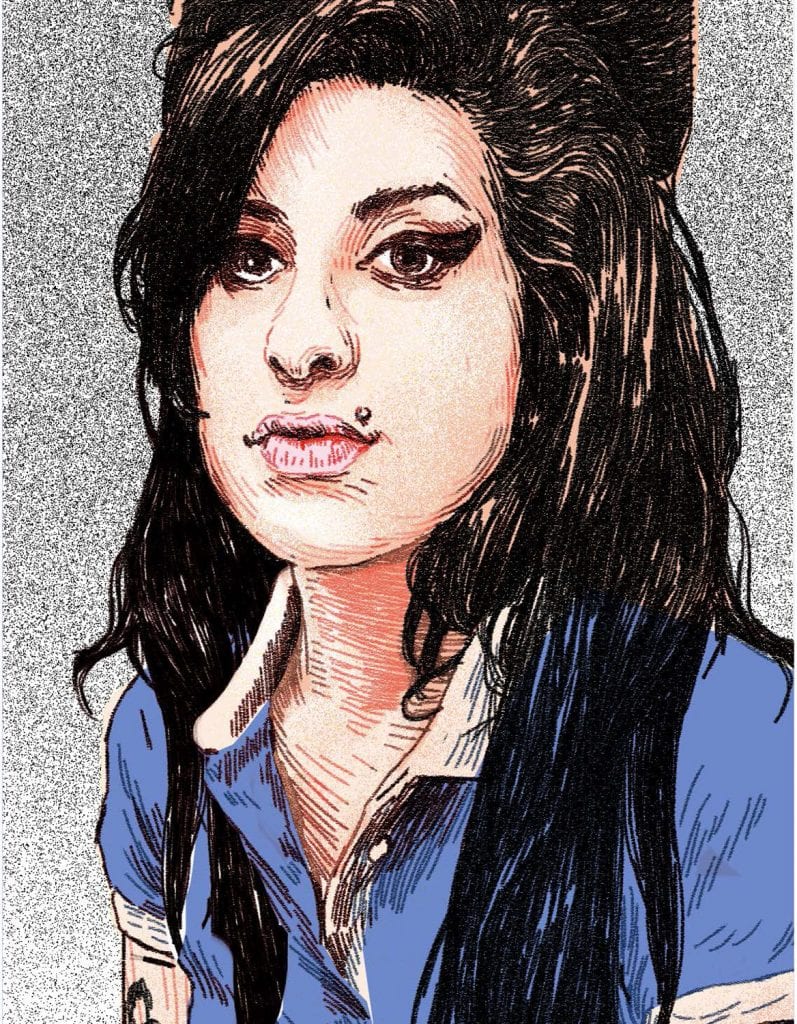
What connects the musicians featured in Women Who Rock?
The planned narrative thread was people who were game changers in modern popular music history, which we defined as starting with the recording era up until today. We found many threads throughout including overcoming great odds to become successful musicians or to become musicians at all. This starts with Bessie Smith being orphaned and playing on the streets through today with MIA speaking for the voices of exiles, refugees, and immigrants and Pussy Riot being jailed for making music. A large part were issues relating to gender, from abusive family situations to the incredible sexual harassment of the music industry, that being financial, emotional, and physical. For these women, music was their way out. Sometimes they didn’t escape. Some of the stories are tragic or they escaped but were killed in a plane crash, like Aaliyah or Patsy Cline. There’s also how high the stakes are and how the process of making music is inextricably linked with having freedom and a platform. That becomes a political fight, especially if you’re a woman, especially if you’re black woman, especially if you’re a black queer woman, like Big Mama Thornton and Sister Rosetta Tharpe. These women pioneered gender shifts that we didn’t have anything close to the language for at the time of their lives. But I think we can see their influence now.
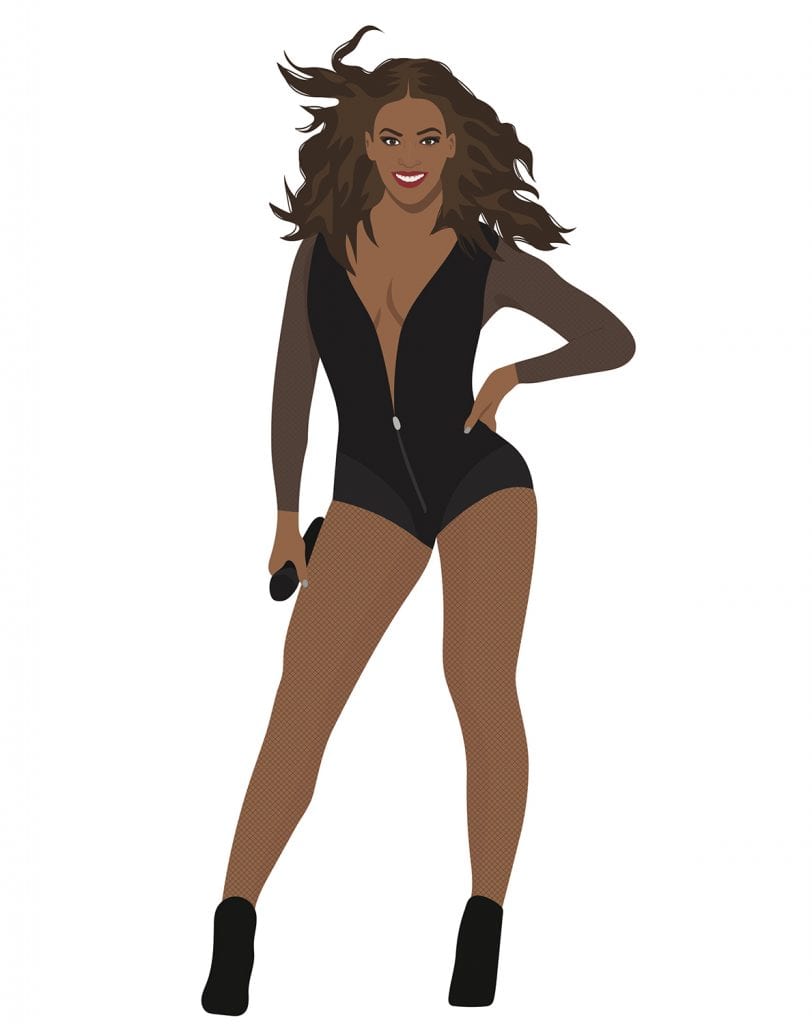
Many music history texts and “best of” lists are criticized for ignoring the contributions of women and other marginalized groups. How does Women Who Rock correct that?
There’s always the question of should we even do these kinds of books: Are we reinforcing the divide and separating women’s history from men’s history again? I understand that argument. I don’t think a women who rock issue of Rolling Stone would be useful anymore, if it ever was. Another through line is artists not being treated well by the music press and the Rock and Roll Hall of Fame. Certainly if we didn’t do a book like this, a lot of these women wouldn’t be written into history books. Young women now who are trying to discover music to perform and inspire them might not learn about Betty Davis or Kim Gordon. This book is for mothers and daughters to share. But it’s also important for fathers and daughters and mothers and sons to share.
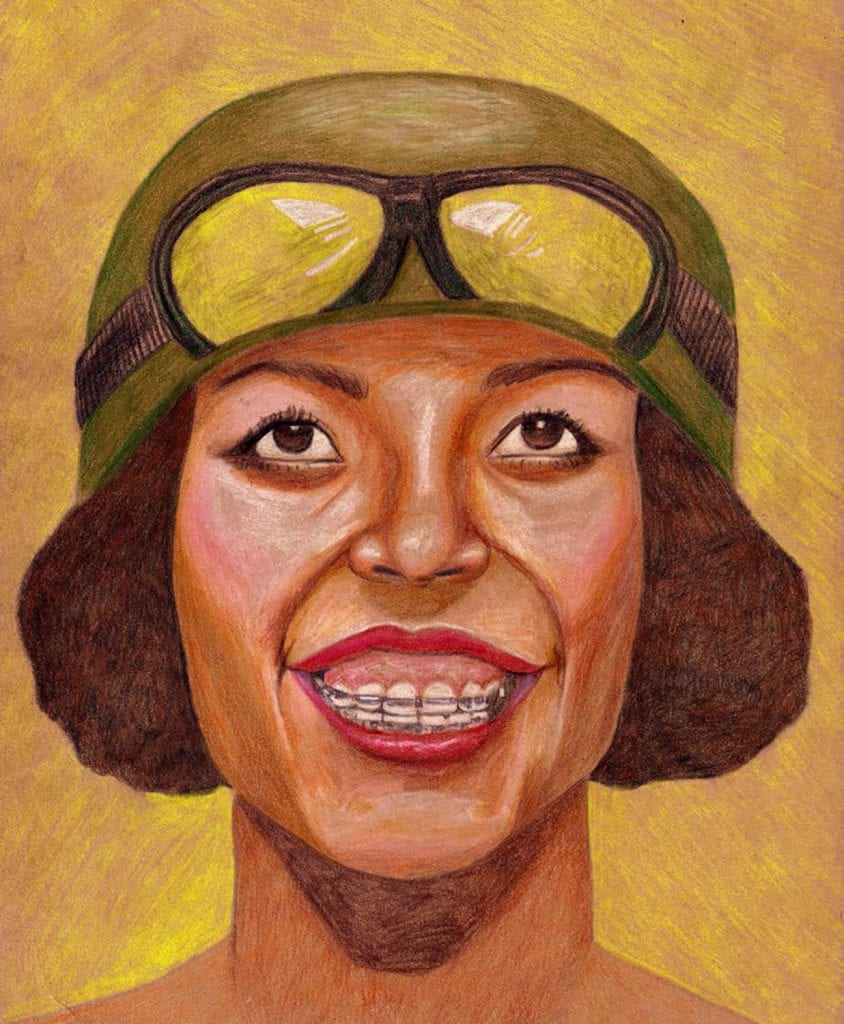
How does this project emphasize the importance of women having female musical influences?
One of the important things we wanted to do is show this lineage and legacy and make those connections of influence. One way to keep people disempowered is to keep them isolated, from recognizing they have peers and they can learn from people who came before them and pay it forward. It’s funny because I didn’t set out starting with Bessie Smith and ending with Brittany Howard. It almost had different beginnings and endings. But I love the way that happened. There is an important way in which they are bookends, literally. So much happens in between them, from Celia Cruz to Suzi Quatro. Yet there’s closure, a return to the tonic note, to speak musicalogically.
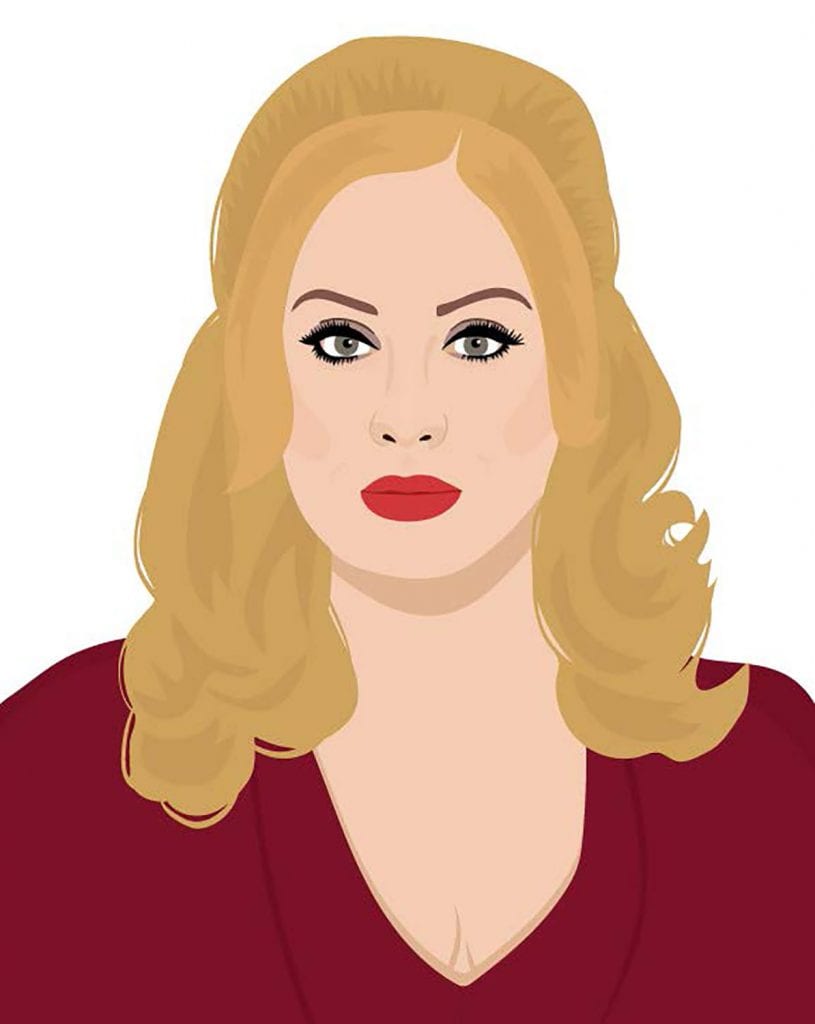
What has changed since 1997 and the publication of The Rolling Stone Book of Women in Rock: Trouble Girls, the last comprehensive text on women in music? What would you like to see 20 years from now?
In a way you hope this won’t be necessary in 20 years. Maybe we’ll be getting our due everywhere, but that’s doubtful, especially the way things are going. In the last 20 years, there have been remarkable achievements, like Beyoncé proclaiming herself a feminist, which was such a dirty word. Most of the women in this book probably didn’t call themselves feminists. In the last 20 years you have powerful women artists like Taylor Swift, Beyoncé, and Lady Gaga controlling the charts or Pussy Riot bringing the aesthetics of musical movements — riot grrrl and punk rock — into world politics. Do I think things are perfect or that much better? Not necessarily. I think the music industry is ready for the changes happening in film. That’s a theme in the book: It’s Ronnie Spector. It’s Tina Turner. It’s Aaliyah. Women artists face abuse by the men who are supposedly their champions.
This book also highlights these women’s power and gives them power and makes people aware of how long this abuse and discrimination has been going on and how pandemic it is throughout the industry. Sometimes it’s just feeling that girl power of getting a bunch of women writers, musicians, and illustrators all in one book. You start to communicate with each other and reach out to younger and older readers.
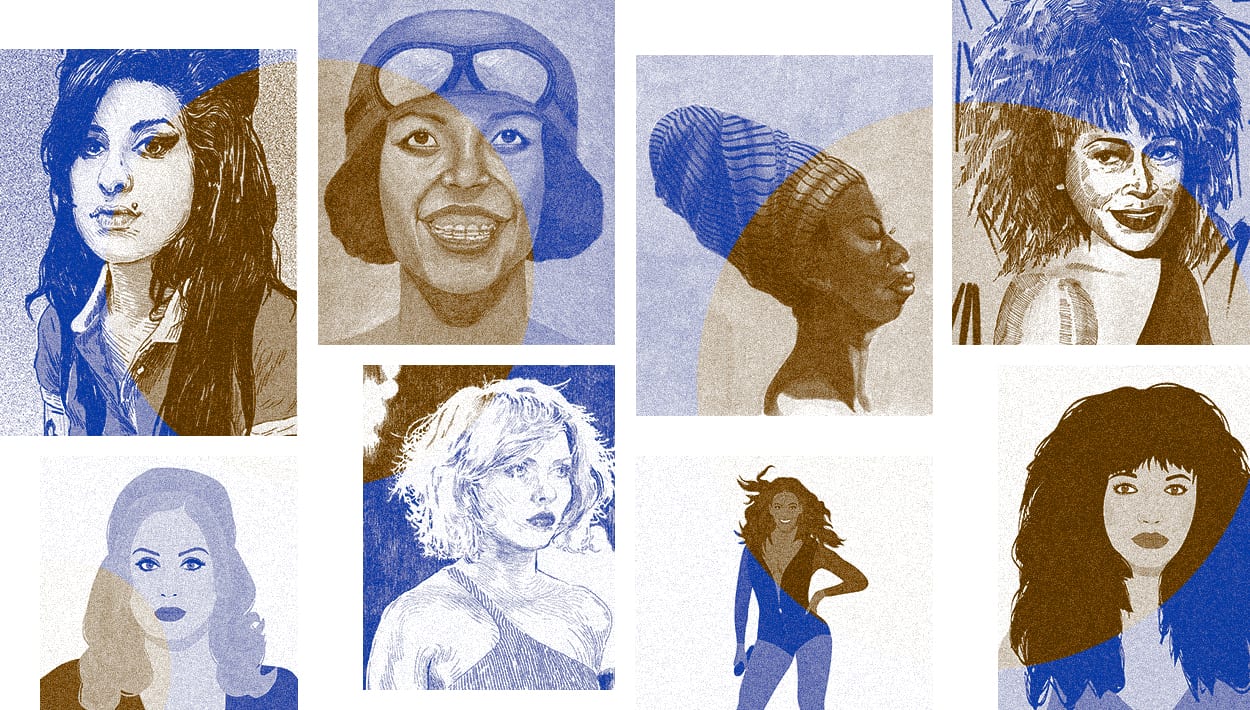


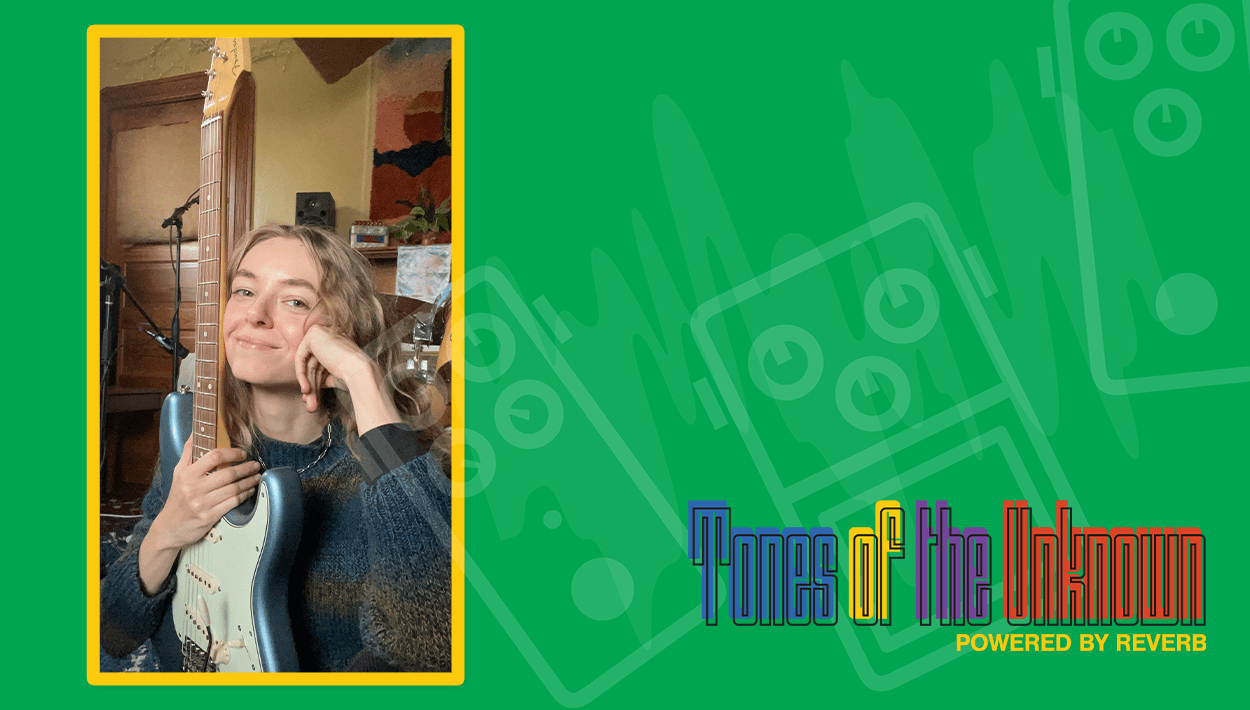




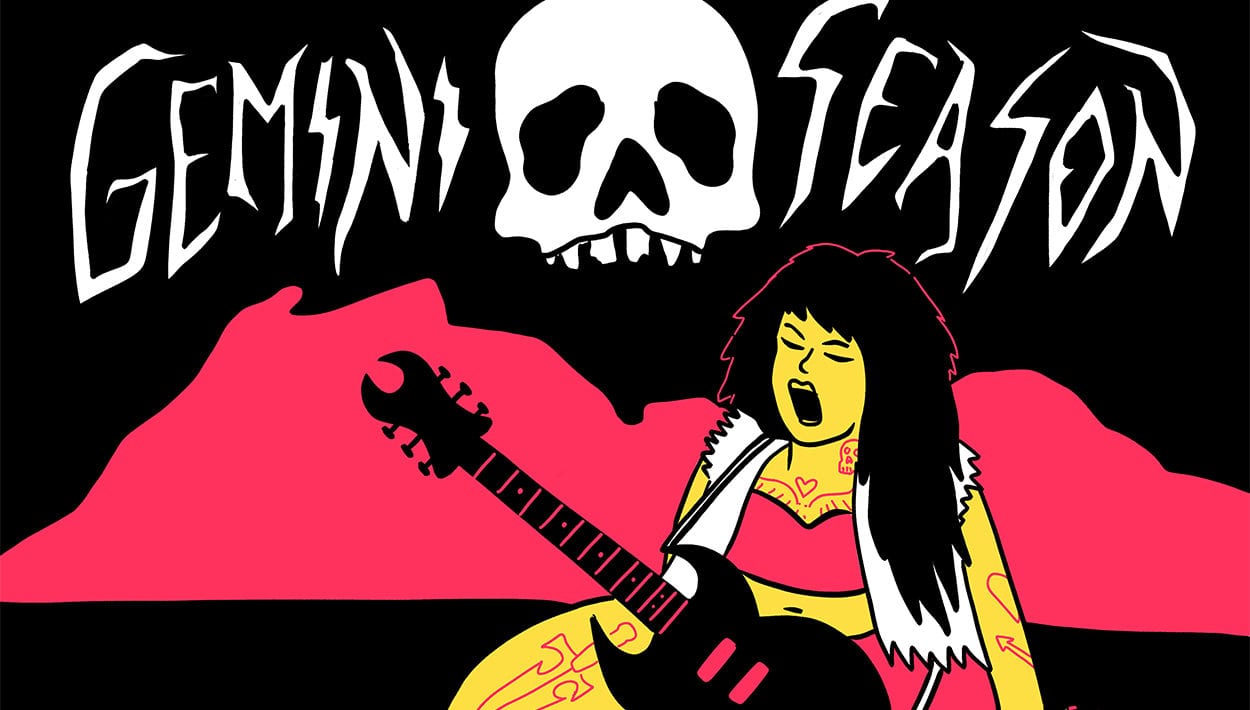

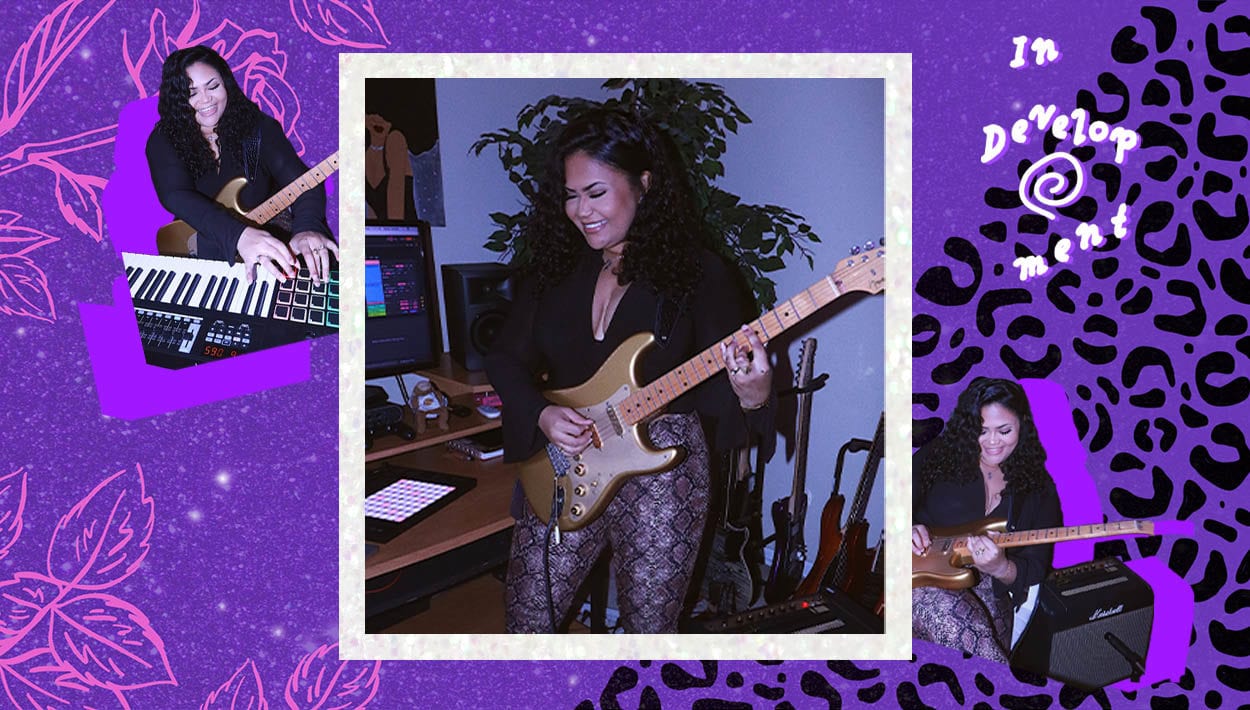
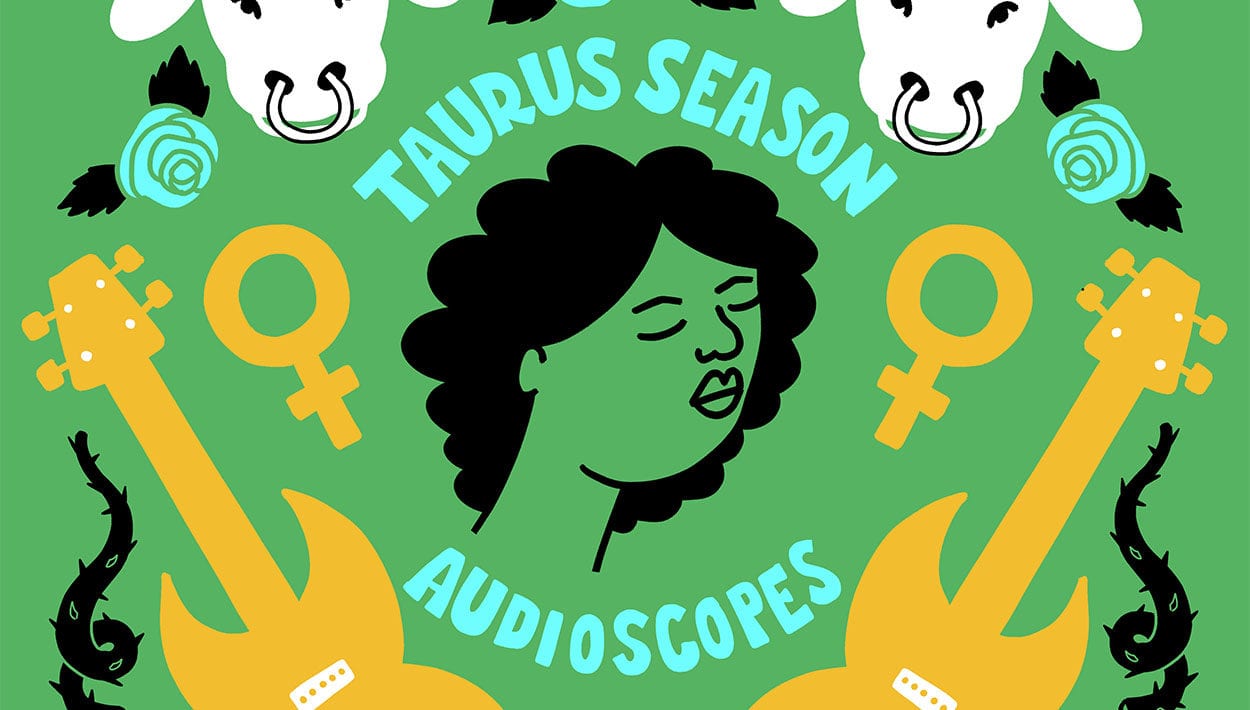


Comments
Great book! I really enjoyed reading it, and I completely forgot about studying. Luckily, through the reviews at BestWritersOnline , I found a writing service and fixed the situation. In general, now I can do what I like and not think about studying.
Comment by Lola on May 20, 2021 at 4:04 pm